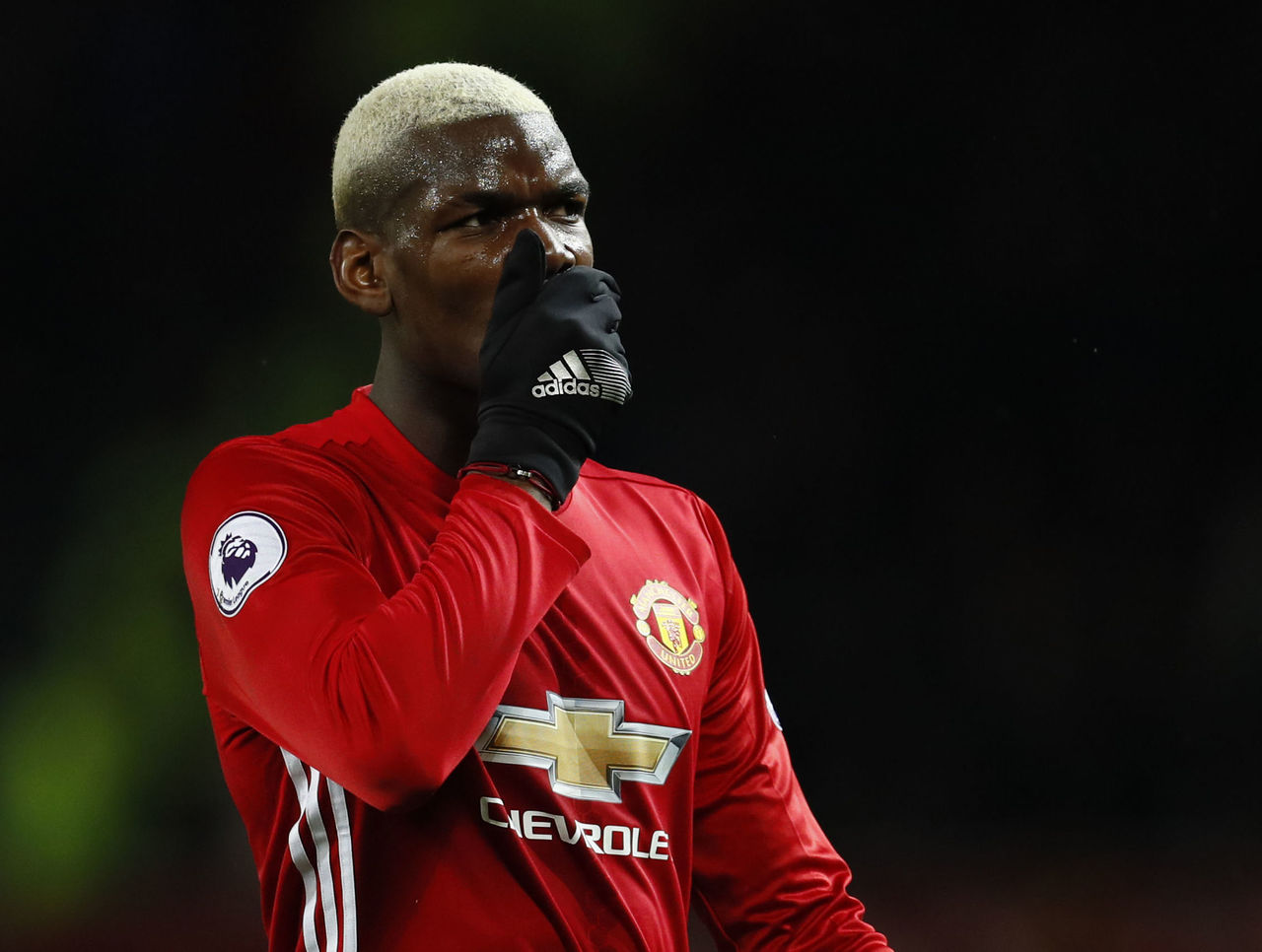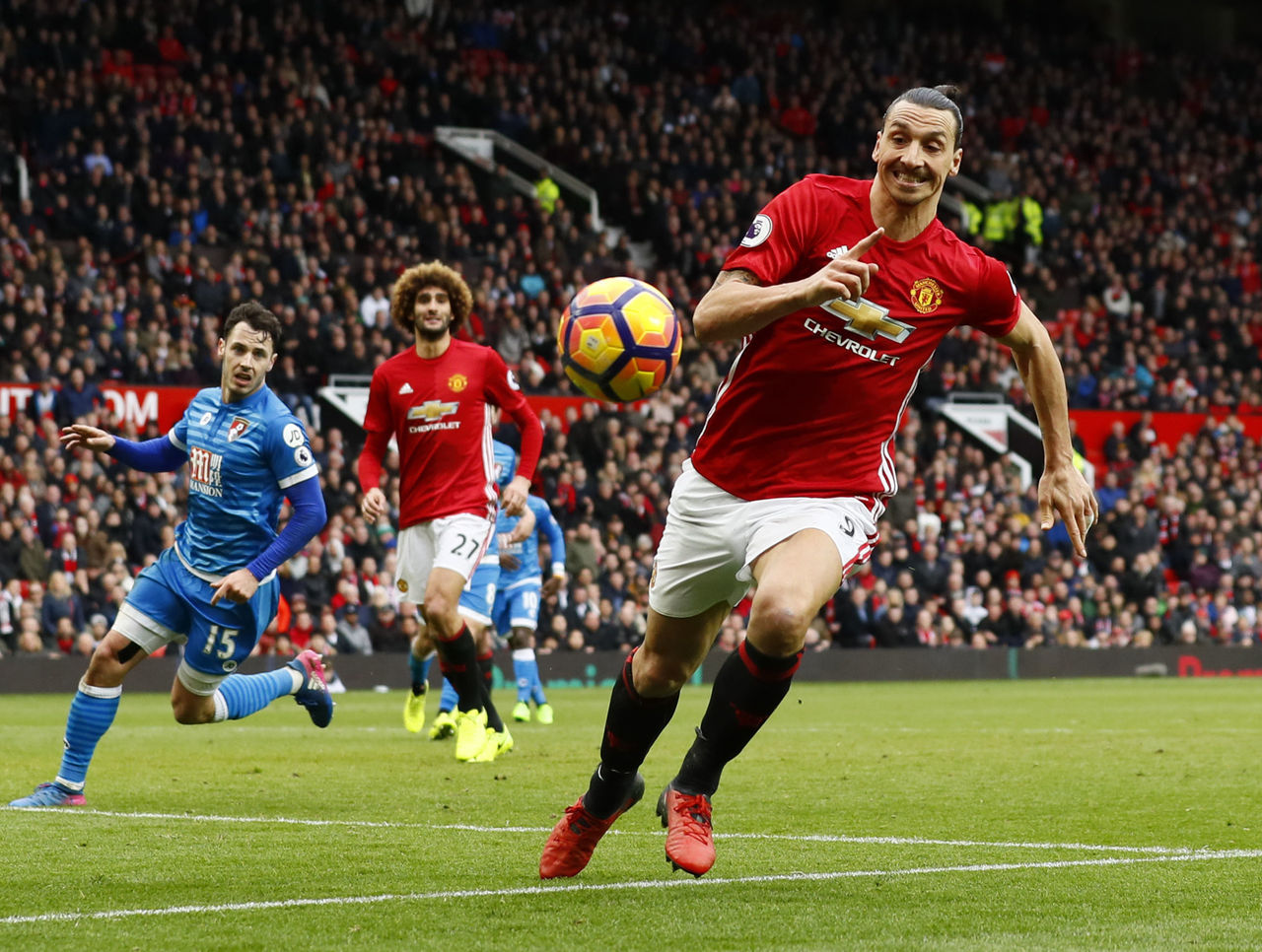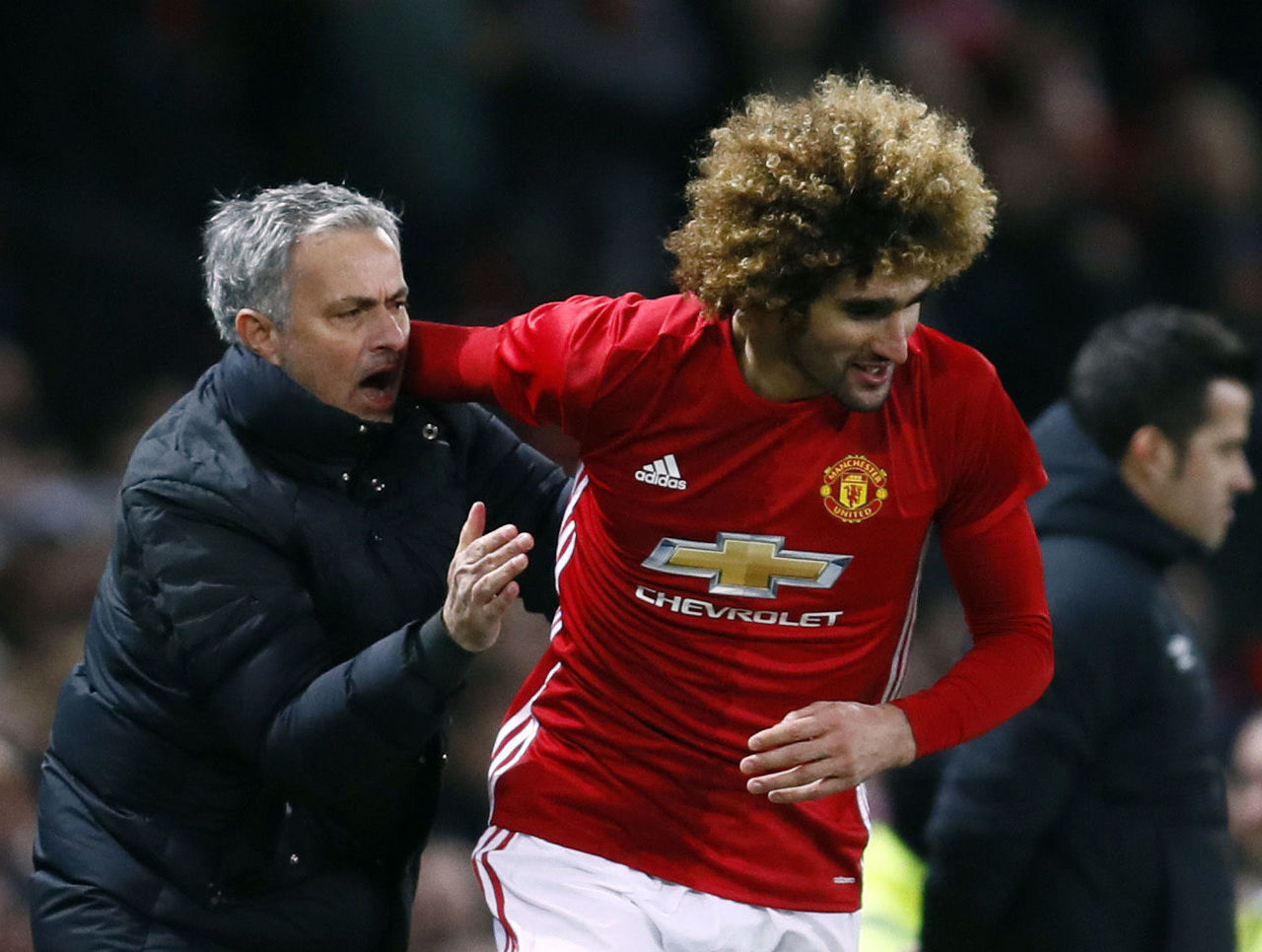Easy Ride: Why Mourinho's United deserves more criticism
Critics have yet to sting Jose Mourinho in the way they have pricked his counterparts this season. Unlike Pep Guardiola, Arsene Wenger, and Jurgen Klopp, the conniving Portuguese manager has instead been touted for a contract extension. No one is calling him a fraud, or past his due date, or too stubborn for his own good. There seems to be an acceptance that Mourinho is not responsible for Manchester United's sixth-place standing, even though he oversaw a sizeable £145-million spending spree in the summer.
A 21-match unbeaten run may seem impressive, but one featuring 10 draws and a 52 percent win rate really isn't. It cannot hide United's mediocrity, nor can last weekend's 3-0 win over a woeful Sunderland side that hadn't scored in more than 11 hours of play.
Some of United's football has barely evolved from Louis van Gaal's dreary lot, bottoming out two weeks ago in a scoreless stalemate against West Brom.
Inside the first five minutes of the Baggies' visit to Old Trafford, the home side barely threatened. United traded headers with its opponent, played a few sideways passes, and moved forward only at the behest of a long ball. Even then, a hopeful missile into the opposite half often resulted in a loss of possession. Ashley Young's bursting runs down the right wing reached dead ends, while Jonny Evans and 37-year-old Gareth McAuley comfortably dealt with United's crosses into the box.
Anyone could have predicted that Tony Pulis, a noted pragmatic schemer, would park the bus. But it became apparent after little more than a quarter of an hour that United had no idea how to break down West Brom. There was no Plan A, let alone a Plan B.

Once a fortress, Old Trafford has become a place of broken dreams. Everton, Swansea, Southampton, and Newcastle all finagled three points in Lancashire for the first time in decades following Sir Alex Ferguson's departure. Mourinho's men too have suffered the most home draws of any United side in a single season since 1980-81.
The Portuguese has done his part to change the subject. He's mastered the art of disguise. Whether it is about referees' decisions or so-called "enemies" colluding against his team, the 54-year-old has found several ways to defer judgment of his players. (Unless that player is Luke Shaw, whom Mourinho has publicly shamed.)
And when there is criticism, it's directed solely toward Paul Pogba and not the manager who has often played the world-record signing in an awkward holding midfield position or as a de facto No. 10. (At Juventus, it was on the left side of the midfield, where he had freedom to go box-to-box. His role at United is almost too defined.)
There is a deeper reason for United's overall middling form, however, and it has nothing to do with touchline bans, conspiracy theories, or Pogba's lack of goals. United is much like noisy neighbour City, which has struggled to execute Guardiola's philosophy on a full-time basis. At both clubs, these two big-time managers clearly have players who either don't fit their style, or cannot carry out what is asked of them. Zlatan Ibrahimovic is the clear exception, and there is a good argument to be made that without his goals - which have won United 15 points this season - the Red Devils would be stuck mid-table.
But Mourinho's heavy reliance on two formations - the 4-2-3-1 and 4-3-3 - hardly promotes creativity. He didn't make any adjustments against West Brom, for example, despite the Baggies' obvious defensive shape.

Mourinho claimed in August that it would take time before his players responded to his style of management - after two seasons of playing man-to-man under Van Gaal's watchful eye, United suddenly switched to zonal marking - but time is up.
Periods of sterile possession last too long. Very rarely is United swapping flanks, although the rare times it happens, it involves more dynamic players like Jesse Lingard and Marcus Rashford. Mourinho's football is about finding space between the lines, making instant reactions, and striking quickly on the counter-attack, but the problem is that United isn't mobile enough in transition.
Throwing on Marouane Fellaini as a centre-forward in the latter stages of a match and hoping for Ibrahimovic's glancing headers to reach dangerous territory are less solutions than they are admissions that United cannot come up with ways to convert overwhelming possession into goals.

Mourinho is right that United doesn't have enough players with that "killer instinct," but a side with elite players like Henrikh Mkhitaryan and Pogba shouldn't struggle to invent plays or succumb to the temptation of playing a speculative long ball.
Luck is involved - Pogba on his own has struck the crossbar nine times this season - but it is too easy of an excuse. It's time for Mourinho come up with something to end the season and win the Europa League.
Or take the blame.
(Photos courtesy: Action Images)